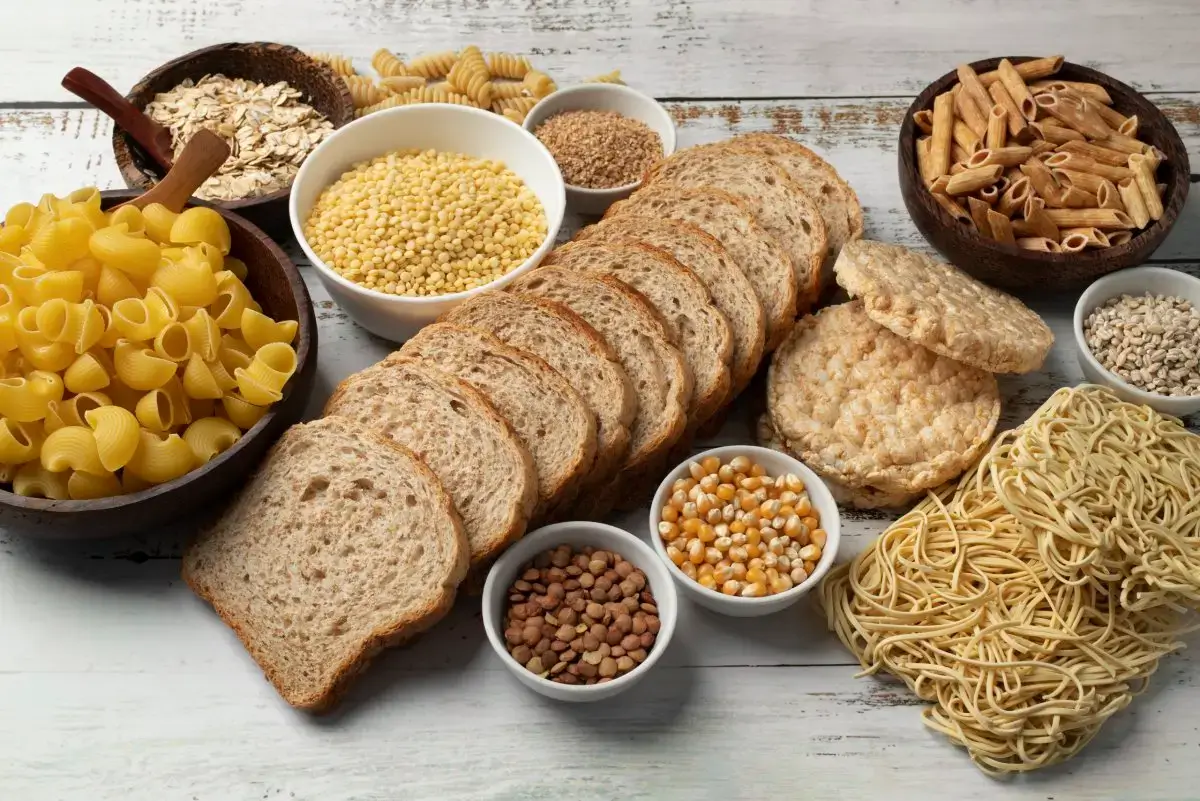Discover the Surprising Impacts of Fiber on Your Body
Have you ever wondered what happens inside your body when you consume fiber-rich foods? Dietary fiber, found in fruits, vegetables, whole grains, and legumes, plays a crucial role in our digestive and overall health. According to the World Health Organization (WHO), a fiber-rich diet can significantly reduce the risk of chronic diseases such as heart disease, type 2 diabetes, and certain types of cancer. In fact, recent studies show that only a small portion of the global population meets the recommended daily intake of fiber, which ranges from 25 to 30 grams per day, depending on age and sex.
Health Benefits of Fiber:
When we consume fiber, it passes through the digestive system undigested. This process helps increase stool bulk and improves bowel movements, thus preventing constipation and promoting regularity. Additionally, dietary fibers act as prebiotics, feeding beneficial bacteria in the gut and promoting a healthy microbiome. Studies indicate that a balanced intestinal microbiota is associated with improved immune response and reduced risk of intestinal inflammations.
Weight Control and Prolonged Satisfaction:
If you’re aiming to maintain a healthy weight, fiber can be your ally. Fiber-rich foods tend to be more satisfying and can help control appetite by prolonging the feeling of fullness after meals. This is because fibers absorb water in the digestive tract, forming a gel that slows gastric emptying and regulates the release of sugars into the bloodstream, preventing glucose and insulin spikes.
Cardiovascular Benefits:
Lowering LDL cholesterol (the “bad” cholesterol) is crucial for heart health, and soluble fibers found in foods such as oats, beans, and citrus fruits have been shown to be effective in this regard. Soluble fiber forms a viscous gel that binds to cholesterol in the intestine, helping to eliminate it from the body before it is absorbed into the bloodstream. Furthermore, diets rich in fiber are associated with a reduced risk of high blood pressure, another significant risk factor for cardiovascular diseases.
Metabolic Benefits and Reduced Risk of Diabetes:
For those at risk of developing type 2 diabetes, increasing fiber intake can be an effective preventive strategy. Fiber helps regulate blood glucose levels, reducing the risk of sugar spikes after meals. Additionally, it promotes insulin sensitivity, aiding in diabetes control and reducing complications associated with the disease.
Promotion of Intestinal Health and Cancer Prevention:
Intestinal health is directly linked to fiber intake, which helps prevent conditions such as diverticulitis and hemorrhoids. Moreover, studies suggest that a high fiber intake is associated with a lower risk of colorectal cancer. Proposed mechanisms include reduced intestinal transit time and dilution of potential carcinogens in the colon.
Sources of Fiber and Daily Recommendations:
To increase fiber intake, regularly include foods such as whole grains, fruits, vegetables, legumes, and nuts in your diet. The WHO recommends consuming at least 400 grams of fruits and vegetables per day, which is essential for meeting daily fiber goals. Fiber supplements may also be an option, but it’s important to consult a healthcare professional before starting them, especially if you have pre-existing medical conditions.
Conclusion:
In summary, the benefits of a fiber-rich diet are vast and positively impact our health in multiple ways. From promoting digestive health and weight control to reducing the risk of chronic diseases, fiber plays a key role in keeping the body functioning optimally. Therefore, consider incorporating more fiber-rich foods into your daily routine to reap these long-term health benefits.
Sources Consulted:
- World Health Organization (WHO)
- National Institutes of Health (NIH)
- Harvard T.H. Chan School of Public Health














